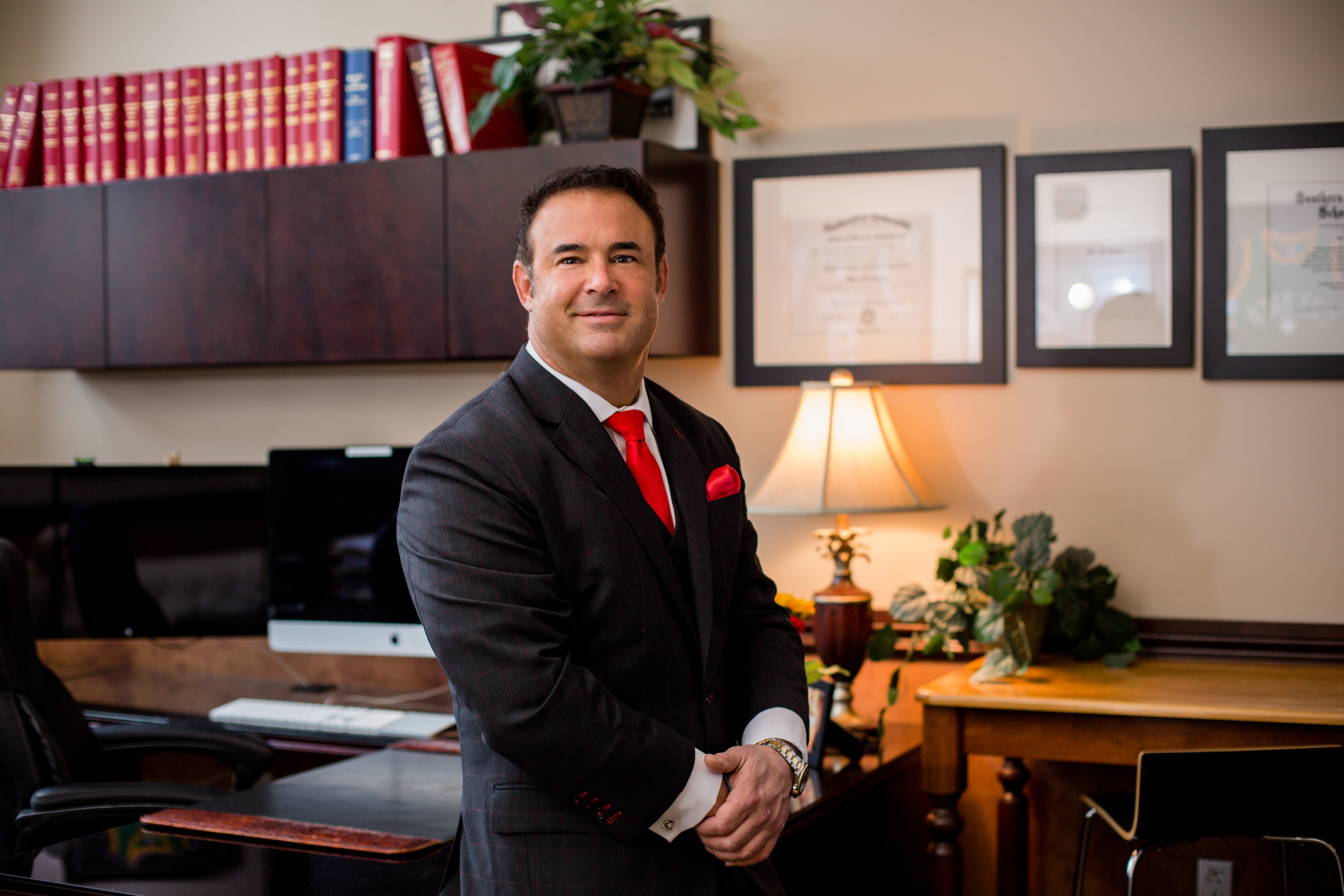One of the most common issues we come across as personal injury lawyers are “gaps” in medical treatment after an injury has taken place. Consistency of care is definitely key for many reasons. Let’s break it down so you know what to do if you’re injured. You will also benefit tremendously if you’re prepared to take the necessary actions if you get hurt in the future.
Firstly, what’s considered a “gap” in treatment? There are two main types of gaps that are most common. One is the gap between when you initially got injured and when you first start treating the injuries from that accident. For example, you were the victim in a car accident but you did not seek medical help until 6 months later. The second type of gap is when you did see a doctor for your injuries after the accident but then at some point you let months (or longer!) go by during the course of your treatment.
What kinds of problems can happen when there are gaps in treatment? Simply put, if you’re injured then you should prioritize getting the medical help you need. Although this may seem obvious, unfortunately we see this happen way too many times. Your health and well-being takes precedence over anything else and a delay in treatment can inhibit your body’s capabilities to recover from the injury. It’s your duty to do everything you can to get better and minimize damages by doing whatever possible to heal effectively and efficiently. For example, if you’ve hurt your neck as a result of an accident and don’t seek help for a few years, you can’t just request compensation for pain and suffering without any medical records or treatment. Your health is most important and your doctors and attorneys all want you to fully recuperate from your injuries…and you should too! The more proactive and disciplined you are with your medical care, the faster you’ll heal and the better you’ll recover. Be diligent, follow through and take care of yourself.
The questionability of whether or not your injuries are a direct result from the accident will also come to the surface. There won’t be a direct correlation to a specific accident/incident if there are no records detailing your treatment. There will be an issue of whether or not your injuries stem from a different accident or incident that was caused by a party other than the one whom your personal injury lawyer is bringing your claim against. There needs to be clear documentation to directly link the injuries with a specific accident or injury.
Now that we’ve established your health and well-being is the first priority, let’s dig in on how this can possibly affect your settlement. The insurance adjuster’s assessment of your claim relies heavily on your medical records. When gaps are present in your treatment plan, adjusters use that against you to de-value your claim and settlement offer. For example, someone who treats immediately or within a few days has a stronger and higher valued case rather than someone who waits longer. Similarly, if you initially get medical help but have gaps present, this will also decrease your monetary compensation. It makes it extremely challenging for an attorney to argue and defend your claim and the severity of your pain and suffering if you’re not doing anything to help yourself on the road to recovery.
If there’s a gap, the genuineness of the claim will arise. As your attorney, we want to be sympathetic and understanding of the legitimacy of your pain and suffering but that pain must be more significant than the “inconvenience” in getting medical help. If you don’t seek medical attention, this may be perceived as a reflection in the authenticity of your damages. Say you have a treatment plan in action for three months and abruptly stop. Then, six months later you try to jump back on board with your treatment where you left off months ago. Well, this may look as though you are fabricating or making up the severity of your injury for the purpose of seeking a higher settlement amount. This may not be intentional but unfortunately it’s the reality of how it may appear. Try not to cause unnecessary confusion or give anyone the ammunition to question your motives.
We can’t stress enough the importance of seeking medical help right away when you’re involved in an accident. Even if you’re not sure how serious your injuries are upon initial impact, you can’t determine the level of pain you will experience in the hours, days or weeks to follow. Having official records and receiving medical care with all your injuries is crucial for both getting better and for ensuring a strong claim with the potential for a higher settlement offer.
One of the biggest deterrents we hear from clients and prospective clients in getting medical assistance is that they don’t have health insurance and are afraid of the costs that can accrue. Just because you don’t have medical insurance doesn’t mean you shouldn’t receive care. There are a few routes you can take and your attorney can help guide you through the process. Some options include: no fault car insurance, personal injury protection (PIP), the negligent person’s medical payment coverage, Medicaid or working out payment arrangements with your health care providers.
We’ve provided some tips below to help you after you’ve been injured in a personal injury accident or incident:
Make your health and wellness the biggest priority and be sure your self-care is being addressed. By receiving immediate medical attention, there will be documentation of your injuries. Describe in detail what you are experiencing, regardless of how small or large the injury may initially seem. Make it a basic rule following an accident to document every medical issue from the first to last treatment so there’s a distinct path and progression to track. It’s important to meet with your doctor regularly and we also recommend you keep a journal of your visits, pain and symptoms new or old.
Follow your doctor’s orders and listen to your experienced attorney. The instructions for treatment, rest and medication will ensure you get well as quickly as possible and will benefit your claim. Keep your appointments and reschedule them as quickly as possible if you are unable to make them. For many people, accidents are a terrifying, painful and confusing. We can help you navigate through the chaos and get you the compensation you deserve.
Sometimes there are legitimate reasons for treatment gaps. A gap doesn’t necessarily mean you are not injured or that you’re not experiencing pain and suffering. There are instances when a gap is unavoidable, which makes it crucial to have an experienced law firm to back you up and explain the gaps to an insurance adjuster. For example, you may have an unrelated sickness, illness or surgery that gets in the way of attending your appointments. Maybe you have to be out of town to care for a relative for a period of time. There are always exceptions to the rule. By communicating anything that could cause a gap in treatment with your attorney, we will be able to document the reasoning behind the hiatus so that it cannot be used against you by the insurance company.
Accidents are stressful for victims and their families and the injuries that result are immensely taxing and painful. Let us help you navigate the many decisions that need to be made so that you can focus on recovering and healing. Let the attorneys and staff of Schulze Law protect you from unfair treatment after a personal injury accident and ensure that the at-fault party or insurance companies involved cannot use your statements and actions against you.
CALL NOW: 857-300-5300 Emergency After Hours Number: 800-894-9267 XLAW1 (5291)






